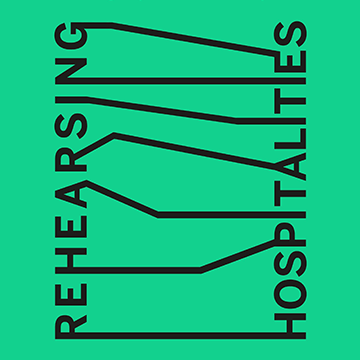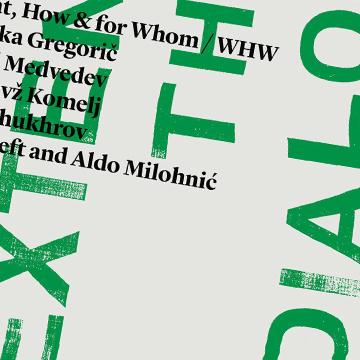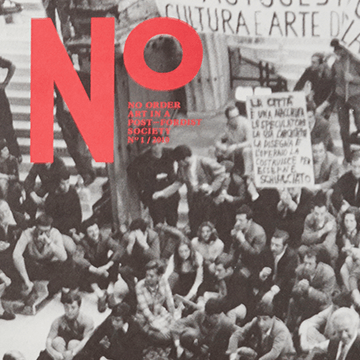There has been a recent surge of global interest in Korean arts and popular culture, as evidenced by neologisms such as K-pop, K-drama and K-classic. Korean contemporary art has also captured the attention of a growing number of international biennales, exhibitions and fairs, attracting an international audience to Korea’s local artists and the scene they comprise. This is where our questions begin: despite a growing sense of nationalism in the global political stage, through a post-postmodernist lens, national categorization appears anachronistic. Is the prefix ‘K’ then a mere political ploy and capitalist commodity? If ‘K’ were to be removed, on the other hand, how else might we attempt at providing a portrait of the changing currents in Korea’s art scene? Is collective categorization or generalization ever worthwhile, and if so, to what extent can it be done without reducing or marginalizing individuals?
Tag: contemporary art
Rehearsing Hospitalities. Companion 1
Upon what kind of power structures of knowledge and knowing are contemporary art and artistic institutions dependent? Do practitioners in the art field reproduce oppressive Western epistemic paradigms through artistic practices and institutional structures, and if so, is there space for emancipatory ways of knowing? What are the ways that intersectional subjectivities open up new epistemic processes within the artistic field? These are among the questions and considerations that provide a critical lens for the 2019 Rehearsing Hospitalities programme.
Extending the Dialogue
The authors whose writings appear in this book come from twelve different countries and represent a range of disciplines and interests: they are art historians, philosophers, cultural theorists and activists, critics, curators, and poets, with most of them falling into at least two or three of these categories. All have made important contributions to contemporary art and cultural production, art history writing, and critical thought within, and sometimes far beyond, the region once known, problematically, as ‘Eastern Europe.’
No Order
No Order editorial research focuses on the relationships between contemporary art systems and capitalism’s production processes. By means of an investigation into current creative industries – and their social, economic and semiotic assemblages – the contributions (essays, interviews and dialogues as well as artists’ projects) aim to deconstruct, analyse and intervene within the ambit of the procedures and forms of cognitive capitalism. It concentrates, in particular, on the phenomena of the ‘biennalisation’, ‘financialisation’ and ‘spectacularisation’ of the political, beginning with the control and distribution of forms of artistic education, production and display on a global scale.



